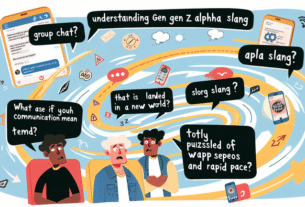This week, tech giant Apple took the rare step of filing a lawsuit against prominent YouTube personality Jon Prosser, accusing him of engineering a scheme to break into one of its secure development devices and pilfer confidential trade secrets. The suit signals a major escalation in Apple’s pursuit of individuals it believes are compromising its cloak of secrecy around upcoming software. Observers are now waiting to see how this clash will unfold under the glare of public scrutiny.
Jon Prosser first gained attention for accurately predicting product releases and sharing insider knowledge about Apple’s unannounced features. His channel has grown into a trusted source for enthusiastic fans and journalists eager to catch a glimpse of what Cupertino developers are cooking up. Prosser’s track record of scooping official announcements has been both celebrated by tech enthusiasts and condemned by those warning against unauthorized disclosures.
In its complaint, Apple alleges that Prosser conspired with others to infiltrate a closed network of development hardware, extracting unfinished code and sensitive files related to the next major version of its mobile operating system. The company frames these actions as clear violations of intellectual property laws and trade secret protections, arguing that they threaten not only its competitive edge but also the integrity of its tightly controlled product ecosystem.
Prosser, for his part, has vehemently denied any wrongdoing, asserting that Apple’s portrayal of the events is flawed and that his sources were secured through legitimate channels. He maintains that he never directly accessed or tampered with Apple’s devices, and insists that his goal has always been to inform the public rather than to cause harm. His statements suggest a belief that the lawsuit may ultimately struggle to tie him directly to any criminal conduct.
At the heart of this dispute lies a fascinating tension between corporate secrecy and public curiosity. On one hand, companies like Apple invest heavily in guarding their innovations until official unveiling. On the other, an audience of millions eagerly awaits leaks, fueling a cycle where unauthorized disclosures can boost viewership, clicks, and advertising revenue for content creators like Prosser.
Should Apple win, it could set a powerful precedent that chills other leakers, forcing them to weigh legal risks before sharing insider scoops. Conversely, a victory for Prosser might embolden a new generation of digital watchdogs who see leaks not as theft but as a public service. Either way, this lawsuit has implications far beyond one channel and one operating system.
As this legal battle plays out in the courts, it serves as a reminder that the race between innovators and informants is never purely technical—it is deeply human, shaped by ambition, curiosity, and the lengths we’ll go to unearth hidden truths. Regardless of the outcome, the case is bound to influence how information flows in the digital age and how companies strike a balance between protecting secrets and engaging with a curious world.




